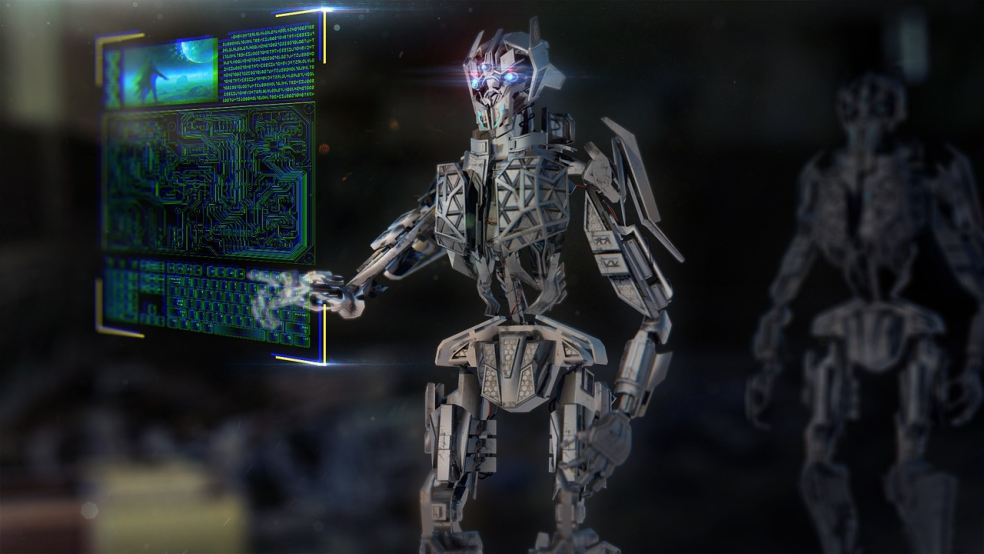
How to Manage the Complexity of AI Projects
Artificial intelligence (AI) adoption is increasing, with industries ranging from finance to healthcare to city planning finding new applications.
According to McKinsey’s State of AI in 2022 and Half a Decade in Review, about 50% of businesses are using AI. The average number of AI technologies these organizations use has doubled from 1.9 in 2018 to 3.8 in 2022.
AI adoption is holding steady, and organizations are finding more and more use cases for these technologies. AI does have challenges in application, however.
The Challenges with AI Projects
AI is only growing. In fact, the AI sector is expected to contribute over $50 trillion to the global economy.
If you want to implement AI projects into your organization, there are challenges to address. Here are some of the issues that can arise during AI project implementation and management.
Selecting a Data Set
Successfully integrating AI into your organization depends almost entirely on the quality of the data used for AI training. It’s important to provide relevant data sets to guarantee effective and topical AI capabilities. You should also have a reliable supply of data that is clean, relevant, controlled, and securely stored.
If this is difficult, you can enlist the help of specialists and work with the owners of relevant data sources to help with your AI applications.
Integrating AI with Existing Technology
AI can be difficult to integrate into your existing system, which is typically a big barrier for businesses. You may need experts in AI solutions to help you with seamless integration, ensuring that you get the most out of your technologies.
Successful implementation of AI frameworks isn’t as simple as installing new software or plugins. You have to consider data storage, infrastructure, and intake, as well as security to mitigate any potential risks. Both the current systems and your AI solution must be compatible, for now and in the future.
Once your implementation process is complete, you will need to train your staff to use the new system.
Closing Skills Gaps
Finding and educating employees with the ideal skills to implement and manage AI systems is often an overlooked challenge with AI implementation. If you don’t have the right talent at your disposal, it can limit your capacity to integrate AI technologies effectively and slows the process.
If you’re planning a complex AI project, consider allocating resources toward AI project education, talent acquisition with experts in AI app development, or capability acquisition with IT firms, which can be done with licensing agreements. Whichever you choose, it’s vital to have the talent you need before the process starts.
Securing and Storing Data
AI requires a constant supply of data to train algorithms. Having a wealth of data helps the process, but that comes with additional storage and security challenges. Having more data and more users increases the risk of data leaks and breaches, which can derail your project.
Millions of people use data, so these security challenges are on a global scale. It’s essential that you have the best data management environment and application training methods to provide robust security measures.
Enhancing Computational Speed
IT is a competitive field with a need for ongoing education and training, especially with AI. Gaining the processing capacity to gather and analyze the data for the development of AI systems is one of the significant challenges that industries have to overcome to implement it.
Though all businesses face this challenge, it’s especially difficult for new businesses and startups with fewer financial resources to fund the computational speed they need.
Solutions for Complex AI Projects
The challenges that come with complex AI projects can be a barrier to their success, but taking some preventative steps early in the process can support a positive result.
Identify the Problem
It’s important to get a handle of your data before implementing an AI tool. You should review your data and look for problems, such as outdated, incomplete, or erroneous data, so you know what you have to work with.
Experiment with Solutions
Even if you don’t have all the data you need to address the challenges or find solutions to problems, you can find data from other sources. Consider the options you have to gather relevant data for your project.
Prepare and Manage Data
Data may need to be prepared for an AI project. Get the data organized by loading it into a data lake or warehouse, clean it, and aggregate it to prepare for analysis.
Choose an Algorithm
AI algorithms are unable to regulate the flow of irrelevant or poor quality data. Try out different algorithms or iterations to determine the most effective strategy.
Address AI Challenges with Project Management
The technical hitches that come along with AI can be barriers to your success, but it’s worth the solutions to successfully implement AI projects. With the right preparation, creative solutions, and targeted inquiries can give you insights to manage your tools, rather than letting AI complexity intimidate you out of moving forward.
Author Bio: Guido Voigt

Guido Voigt is the Director of Engineering, at Lantronix, a global provider of turnkey solutions and engineering services for the internet of things (IoT).
Guido's and Lantronix’s goal is to enable their customers to provide intelligent, reliable, and secure IoT and OOBM solutions while accelerating time to market.











